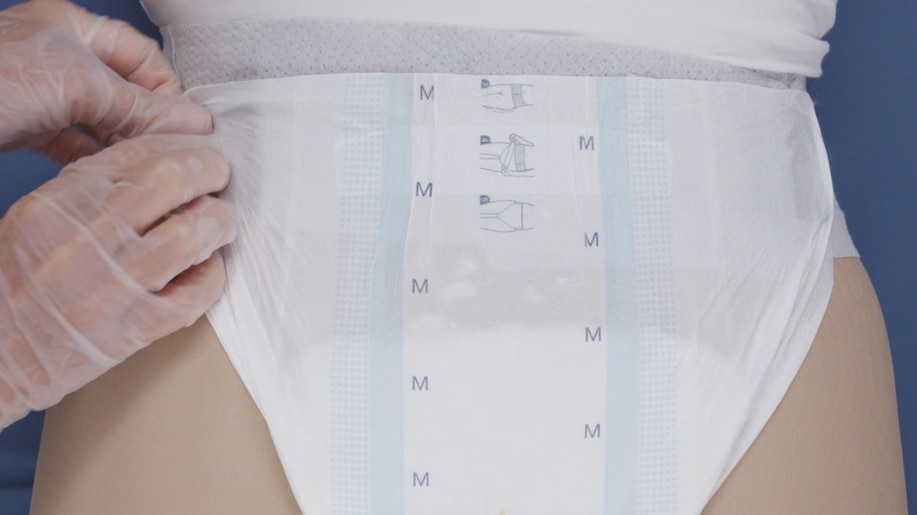Your customers may have everything they need to manage their diabetes, but they might need a touch of your expert support when it comes to managing incontinence. Let’s take a look at some of the conditions associated with diabetes that can affect continence, what measures you can recommend to prevent urinary leakage, and what premium TENA products you can supply to help your customers stay dry, comfortable and confident.
1. Nerve damage
Over time, consistently high blood sugar can damage the small blood vessels which supply the nerves with essential nutrients, causing nerve damage. When nerve damage affects the area that controls the urinary system, bladder issues can occur. Nerve damage can be slowed down or even prevented by regulating the blood sugar levels and leading a healthy lifestyle.
2. Obesity
Obesity puts people at a higher risk of developing type 2 diabetes. Obesity is also a risk for urinary incontinence, so maintaining a healthy weight is not only important to obtain health benefits over a lifetime but is also good for your bladder.
3. Urinary tract infection
High blood sugar levels can weaken the immune system which increases the risk of urinary tract infections (UTI). High blood sugar levels can also cause high sugar levels in the urine which promotes bacterial growth. UTIs disrupt the normal process of storing and passing urine, which can result in leakage. Find more helpful information about preventing and treating UTIs here.
4. Medication2
Diabetes medications that aim to lower blood sugar levels force glucose out from the blood and into the urine. This often causes increased urine output and a risk of urinary incontinence.
5. Increased thirst
High blood sugar increases thirst since the sugar in the urine pulls more water and thereby results in more urine. Drinking excessive amounts of fluid leads to more frequent urination, which increases the risk of urine leakage. Frequent visits to the toilet at night might disrupt sleep. Help your customer establish a good night-time toileting routine with tips from this article.
6. Constipation
It’s quite common for people with diabetes to experience constipation, which can affect urinary continence. It is therefore important to prevent constipation and maintain a healthy bowel by eating well, drinking plenty of water, and staying active. You can find out more about bowel health and incontinence here.








